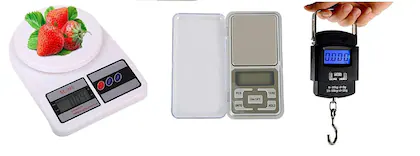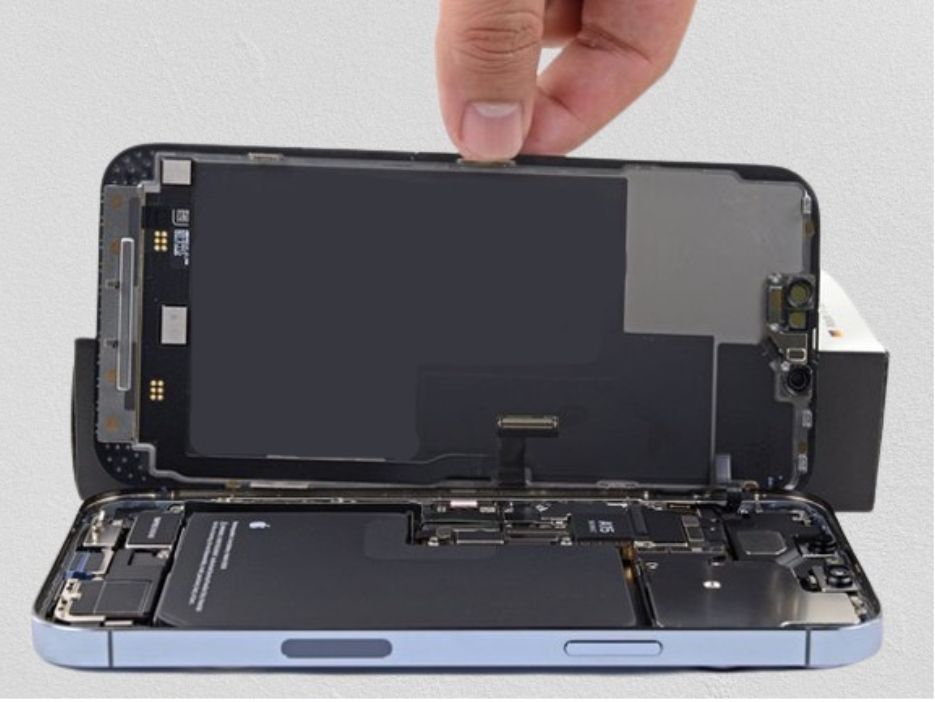In our daily lives, we often don’t realise how much we depend on small measurement tools. From preparing the perfect meal for our home or consumers to weighing precious gold for customers, accuracy is what matters. That’s where kitchen scales and jewellery scales come into the picture. While both are designed to measure weight, their uses and accuracy levels are different. Let’s explore how each one helps in its own special way.
What is a Kitchen Scale?
A kitchen scale is a small electronic or mechanical device used in homes or restaurants to measure food ingredients that a customer will get. Whether you are baking a cake or following a diet plan, measuring the right amount of flour, sugar, or spices can make a big difference in the taste and health of your body.
Common uses of kitchen scales:
- Measuring ingredients for cooking and baking
- Managing food portions for diet and health
- Weighing fruits, vegetables, meat, or pulses
- Used by chefs, home cooks, and fitness lovers
Most kitchen scales can measure up to 5 kg or more and give readings in grams and sometimes ounces. Some even come with a tare function (zero reset) to measure multiple ingredients in a single bowl.
What is a Jewellery Scale?
A jewellery scale, also called a digital gold scale or precision scale, is designed to measure very small and light items in mg’s like gold, silver, diamonds, and gemstones. These are high-accuracy tools often used in jewellery shops, pawn shops, or by gold buyers.
Common uses of jewellery scales:
- Weighing gold, silver, or diamond jewellery
- Checking metal purity by weight
- Measuring small parts like beads or gemstones
- Used by jewellers, goldsmiths, and valuers
Jewellery scales usually have a capacity of 500g or less but give very accurate readings — sometimes even up to 0.01 grams (1/100th of a gram). That level of precision is very important when dealing with costly metals.
Main Differences Between Kitchen Scales and Jewellery Scales
| Feature | Kitchen Scale | Jewellery Scale |
| Use | Cooking, dieting | Gold, silver, gems |
| Capacity | 3 -10 kg | 100 – 500 grams |
| Accuracy | 1g or 0.5g | 0.1g or 0.01g |
| Users | Home cooks, chefs | Jewellers, goldsmiths |
| Design | Flat surface, bigger | Compact, pan or tray style |
Even though both scales measure weight but they are made for completely different needs. A kitchen scale gives a quick reading for daily use, while a jewellery scale focuses on pinpoint accuracy for high-value items like gold, silver, and gemstones.
Why Accuracy Matters in Both Cases
- In cooking, a little extra salt or flour can spoil the whole dish.
- In jewellery, even a difference of 0.1 gram can change the price by hundreds or thousands of rupees.
That’s why choosing the right scale for the job is really important. If you’re a home chef, a digital kitchen scale is your best friend. But if you deal in gold or silver, you must invest in a good-quality jewellery scale.
Things to Keep in Mind Before Buying
Whether you’re planning to buy a kitchen scale or jewellery scale, here are a few things to consider:
- Accuracy: Go for more precision if needed
- Capacity: Choose based on what you’ll weight
- Display: Clear digital screens are better visuals
- Build quality: Stainless steel or tough plastic is durable for a long period
- Battery life: Long-lasting batteries save money in your pocket
- Tare Function: Helps with measuring in containers
From kitchens to jewellery shops, weighing scales help us in different ways. A kitchen scale adds perfection to recipes, while a jewellery scale protects the value of expensive items. Both serve different masters of accuracy in weighing, but one thing is common – every gram gets counted.
So, whether you’re baking for your family or weighing gold for a customer, make sure you choose the right scale for the right task. Because precision is not just for scientists – it’s for everyday heroes like you.




